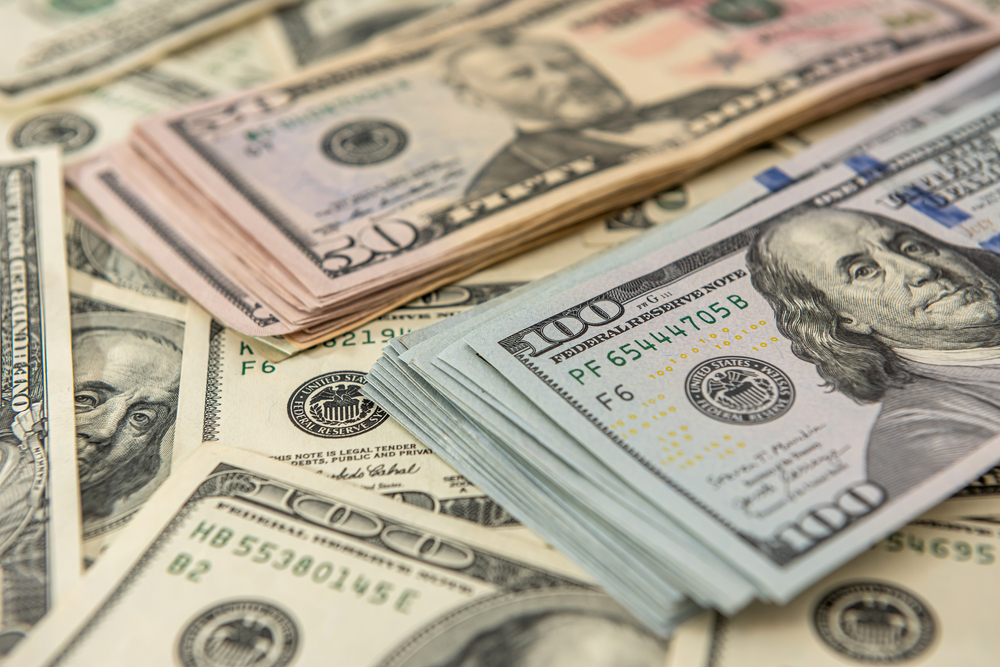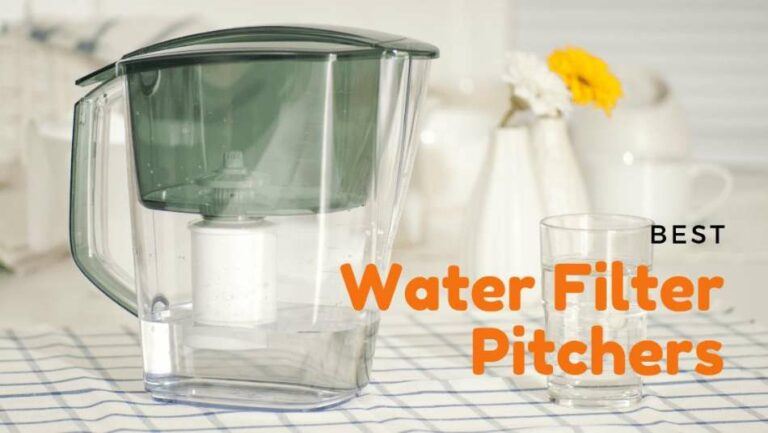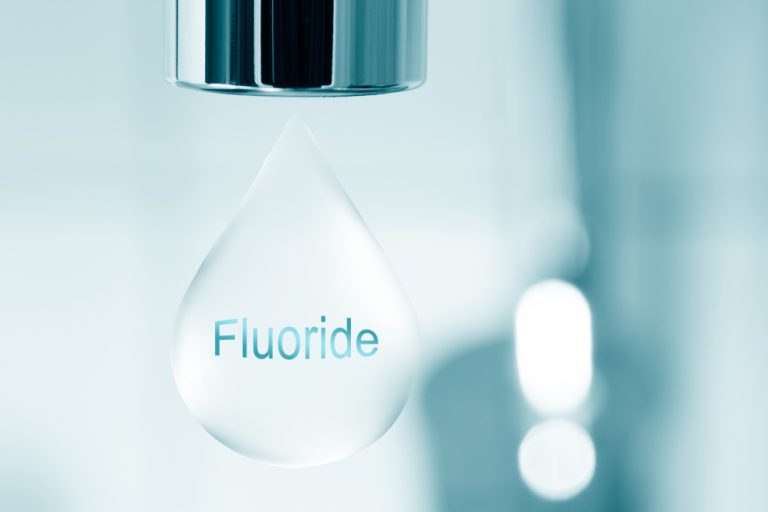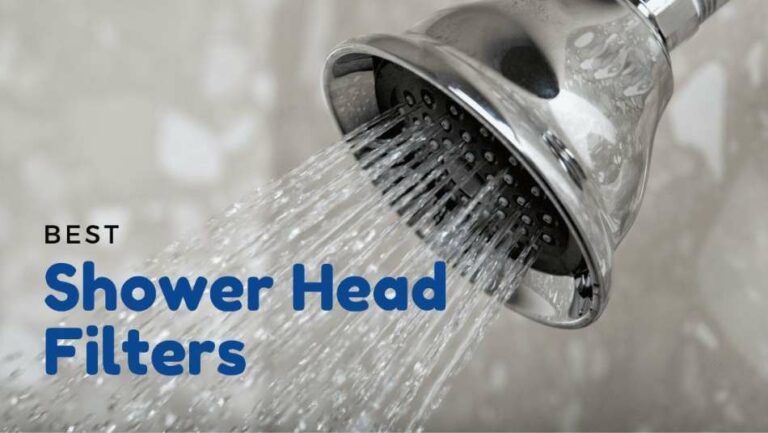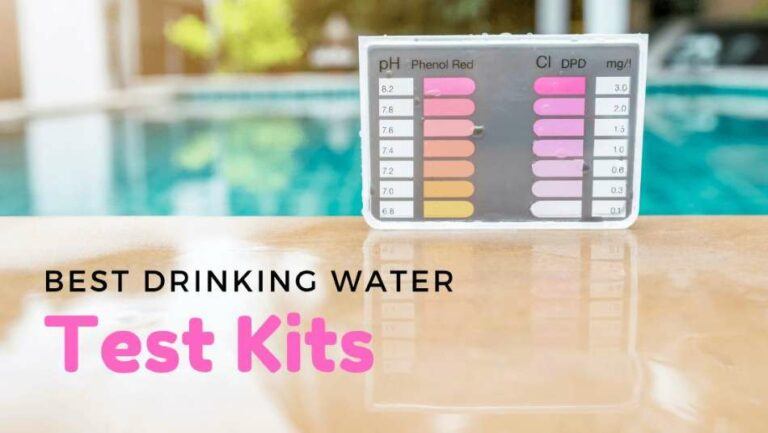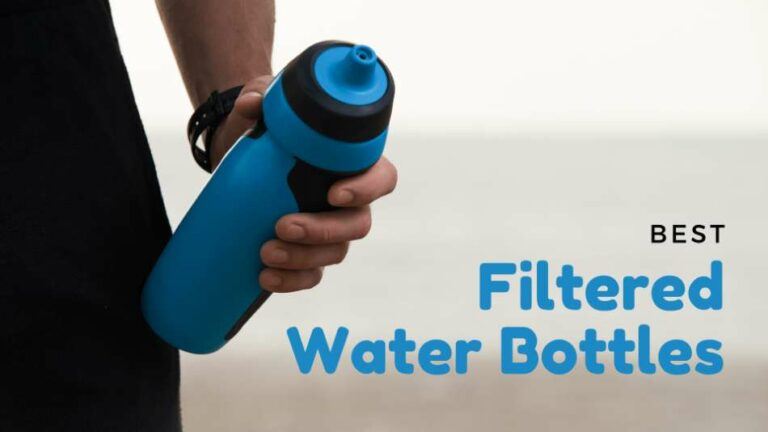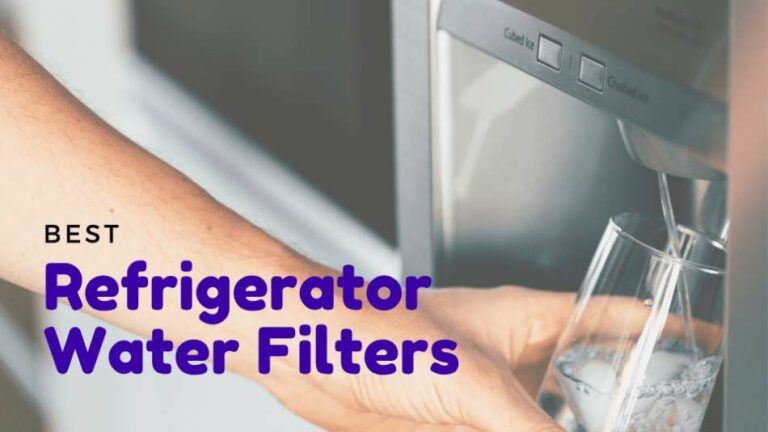Is It Cheaper To Buy Bottled Water Or A Water Filter?
Water is an essential part of our lives, and getting that water safely and healthily is also essential. Bottled water and water filters are two of your options for doing so. But is it cheaper to buy bottled water or a water filter?
It is cheaper to buy a water filter than bottled water. However, bottled water offers certain advantages water filters don’t, such as being portable and convenient. Ultimately, the best choice will depend on your situation.
What Is Bottled Water?
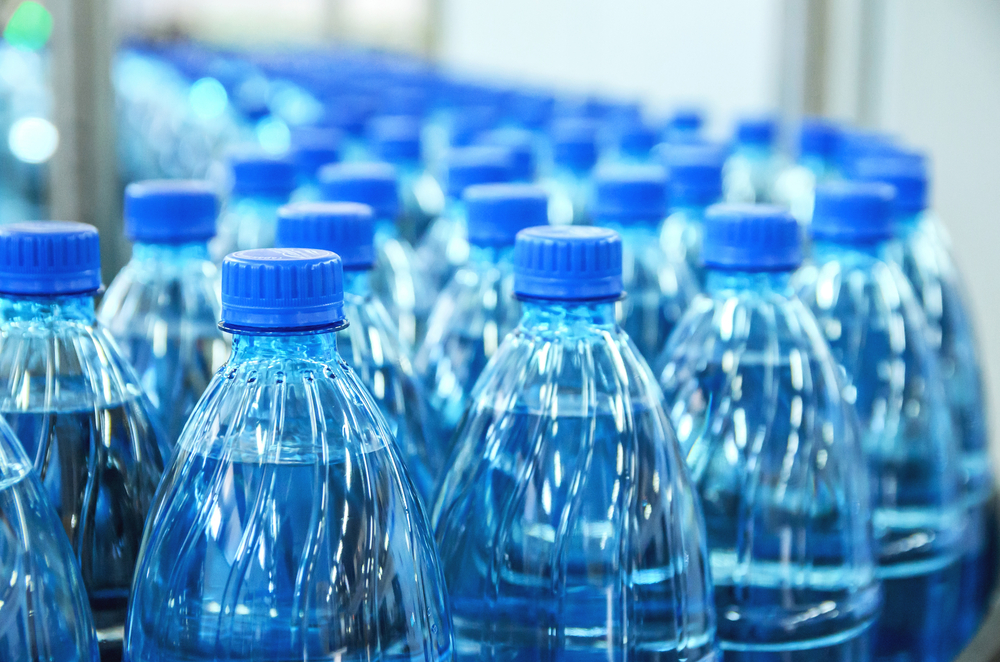
Bottled water is drinking water usually packaged in glass or plastic bottles and sold in shops, vending machines, supermarkets, and other establishments. Many people who do not have access to clean tap water choose to drink bottled water instead, as it is a safer option.
Bottled water requires filtering and processing water from many sources, including underground springs, wells, and municipal water.
Bottled water is made by filtering and processing water from many sources, including springs, wells, and municipal water supplies (reservoirs, for example). Manufacturers then bottle and supply the water to consumers.
What Is A Water Filter?
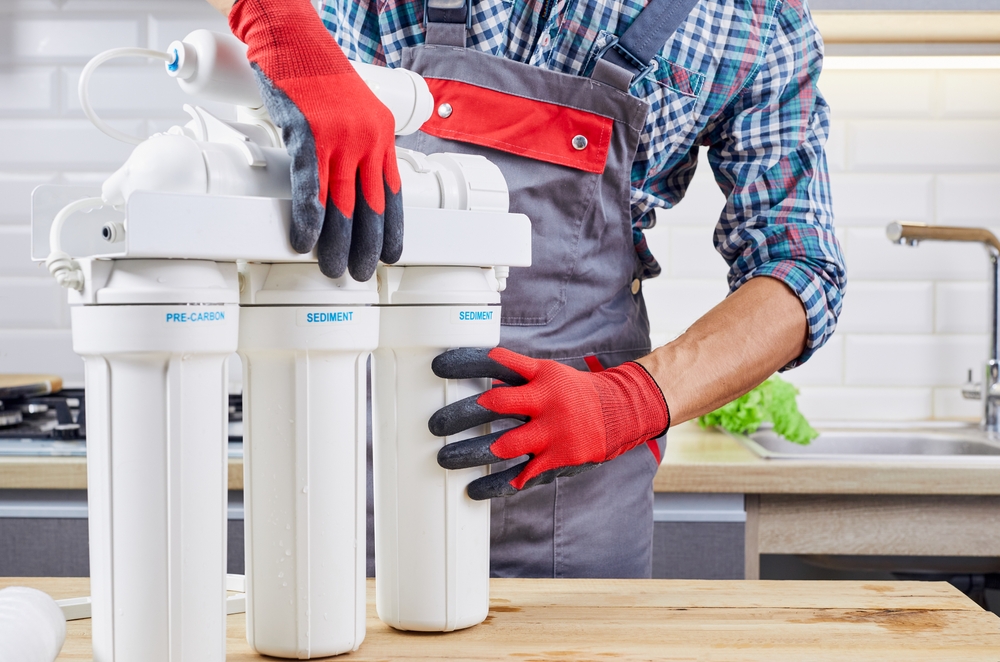
Water filters remove pollutants and contaminants from water. Water filters are usually one or more filters designed to remove impurities, bacteria, or other contaminants from water.
Water filters improve water safety and make water taste and smell better.
Typically, users or professionals install water filters in faucets, refrigerators, countertops, or under the sink. Water pitchers can contain water filters as well.
Water filters are a better option than bottled water because they decrease the environmental impact of making and using bottled water.
Is It Cheaper To Buy Bottled Water Or A Water Filter?
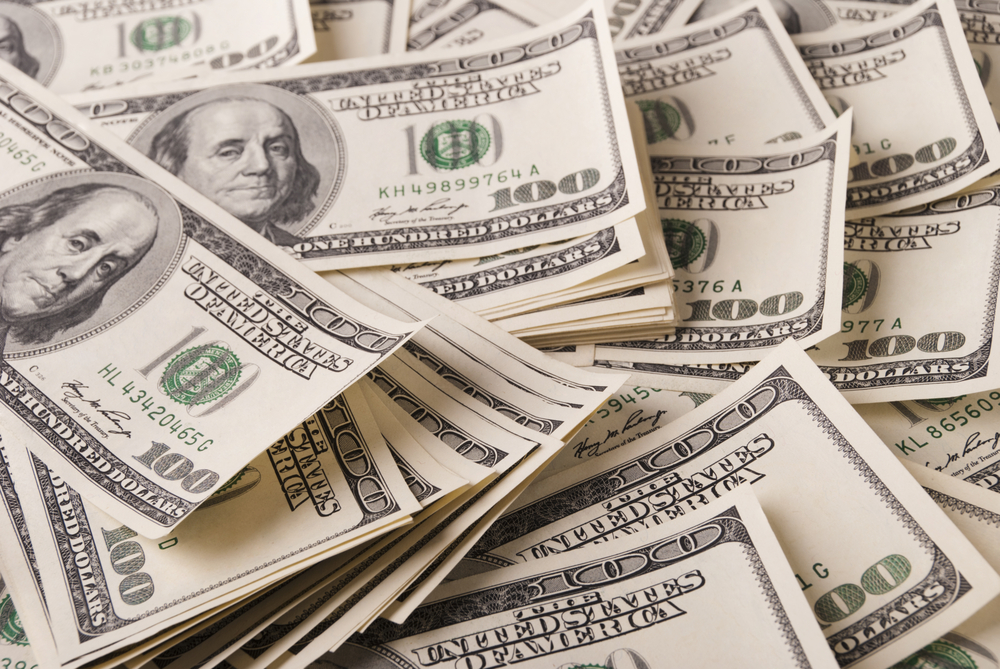
Using a water filter is considered cheaper over time than regularly purchasing bottled water. A water filter helps the environment and increases access to clean, safe drinking water while saving money. A water filter’s initial cost could be higher than bottled water, but it can be compensated by lowering its long-term expenses.
The average cost for single-serve bottles (500 milliliters or 16.9 fluid ounces) is around $0.50 to $2.00 per bottle. Standard bottles (1 liter or 33.8 fluid ounces) costs $1.00 to $3.00 per bottle. Large bottles (1.5 liters to 2 liters) cost $2.00 to $4.00 per bottle, while multipack cases (12 to 24 bottles) cost $5.00 to $20.00 per case.
These approximate costs vary greatly depending on location, brand, and ongoing promotions or discounts. It’s crucial to remember buying larger containers may reduce the price per unit.
A water filter system typically costs between $100-$200. You may also add the installation fee of around $50. A replacement filter costs around $5-10, depending on the type of filter. On average, you replace a filter after a month of use or after the water quality drops below average (many filters indicate this).
Consuming 1 liter of water daily will cost you around $1 per day or $365 per year. Investing in a water filter system costs $250 (installation fee included), plus the replacement filter of $5 monthly or $60 per year, for a total cost of around $310. So, buying bottled water for $365 yearly compared to purchasing a water filter system for $310 annually will save you lots of money.
Please note that this calculation is based only on one person/consumer. It will definitely save more money for four or more people in one household.
Other Considerations For Bottled Water Vs Water Filters

There are other points to consider when comparing bottled water and water filters.
Let’s start with water quality.
Water Quality
Bottled water is safer to drink than tap water in some locations worldwide because the tap water’s quality is uncertain. Bottled water is also less likely to contain hazardous chemicals or microorganisms. The Food & Drugs Administration (FDA) regulates bottled water to guarantee adherence to strict quality requirements.
Filtered water from water filters has greater quality than tap water and the same quality as bottled water. Water filters were also certified by NSF (National Sanitation Foundation) to ensure that it produces safe drinking water. However, the filtered water quality depends on the type of water filter used.
For example, a carbon filter reduces chlorine concentration in the water. A water softener reduces water hardness. Meanwhile, a sediment filter removes sediments, dirt, sand, clay, and other particulate matter from water.
Sustainability
Plastic water bottles have a significant negative impact on the environment. Plastics are non-biodegradable (meaning they can’t break down naturally). Plastics can take up to 500 to thousand years to decompose.
Water filters are more environmentally friendly. Some are made from natural earth minerals, such as activated carbon, aluminum oxide, silica sand, zeolites, and sandstones. They produce far less pollution than the plastics in bottled water.
Why Choose Bottled Water?
Bottled water is convenient. It’s also easy to take with you, so it’s great for those on the move. Bottled water also tastes better than tap water, and many companies add minerals and other ingredients to enhance the quality and taste of bottled water.
Why Choose A Water Filter?
Filtered water is more affordable than bottled water. A water filter provides clean, safe drinking water straight from your home, and you won’t have to rely on bottled water as much.
Final Thoughts: Is It Cheaper To Buy Bottled Water Or A Water Filter?
Ultimately, it comes down to your preferences, whether you use a filter or bottled water more. Both have advantages and disadvantages, and you can always choose to mix the two.
So, which one are you planning on using more? A water filter or bottled water? Let us know your thoughts and why in the comments below!

